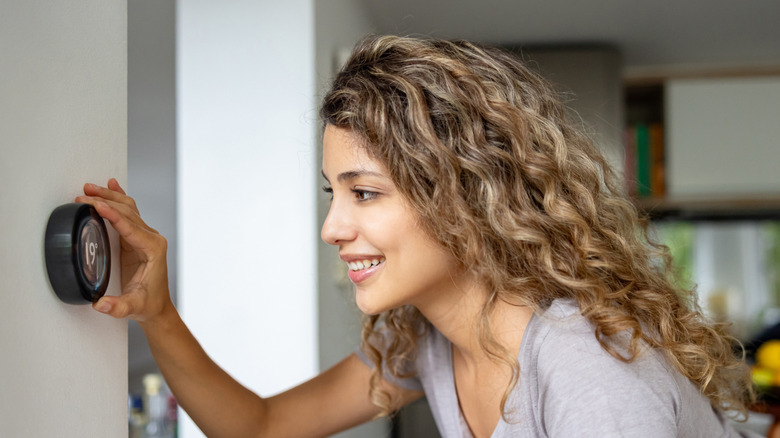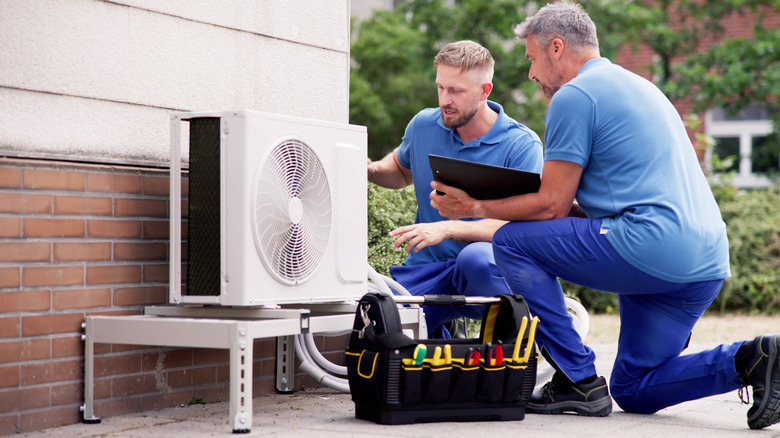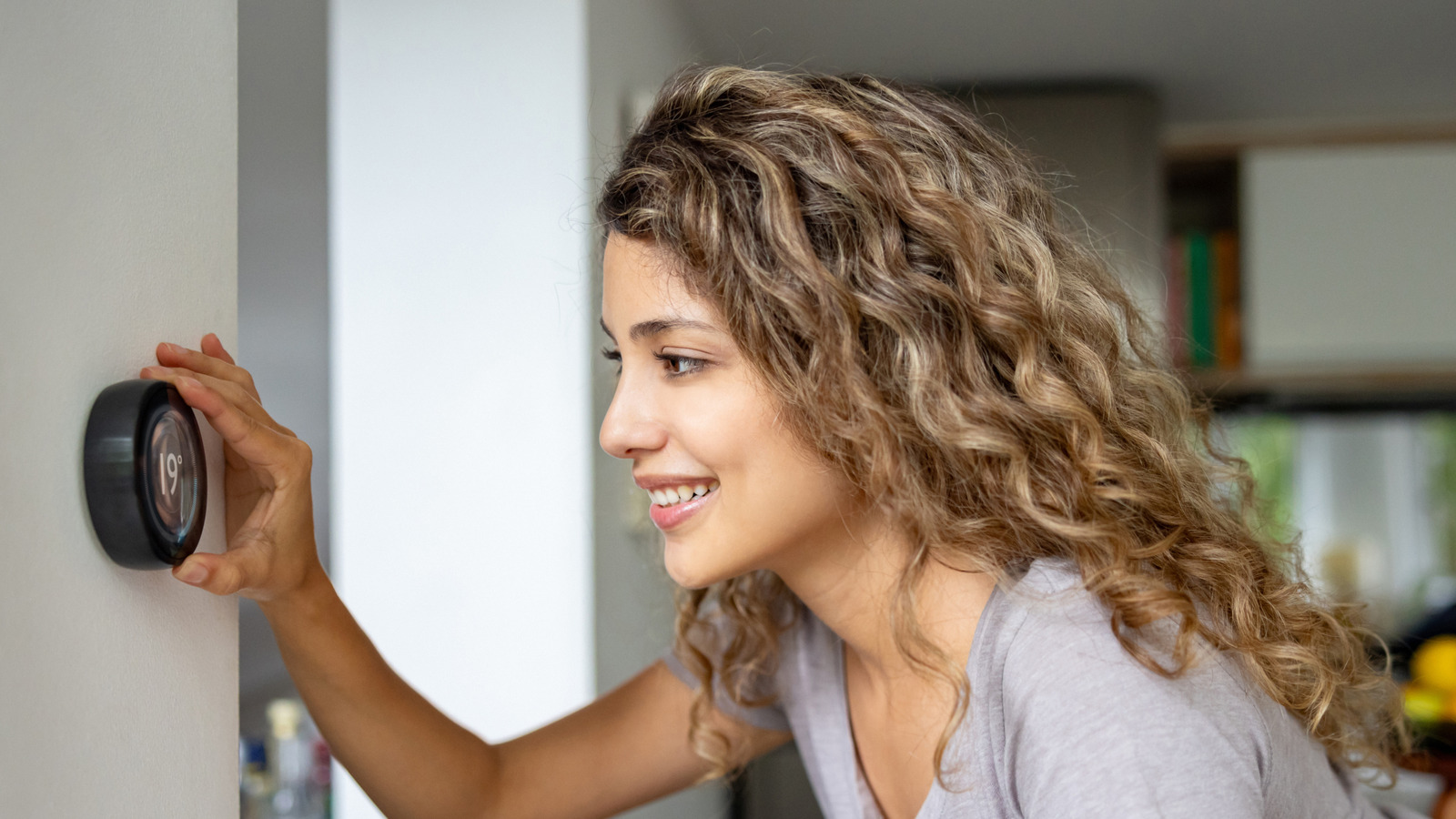 Hispanolistic/Getty Images
Hispanolistic/Getty Images
With electric bills on the rise, you may be thinking that now is the time to make some changes to your HVAC system so that it's running at peak performance. If your know-how ends at replacing the air filter and cleaning out vents, however, you may be tempted to take advice from friends and family — or do some internet sleuthing — especially if it means saving a few bucks by not getting a tune-up from a pro. You'll want to be careful where you get your advice, however, especially if you have a newer HVAC system. That's because some recommendations and guidelines may be outdated and could actually do more harm than good.
The first step to understanding your heating system is knowing which type you have. Most homes in the U.S. with central heating have a furnace, heat pump, or boiler. Furnaces run on gas, propane, oil, or electricity, while boilers use hot water. Even if you have an older system, the hardware components keeping the system running and the thermostat controlling it are likely newer, meaning outdated advice may not apply.
The dos and don'ts according to the experts (not your neighbors)
 Andrey_Popov/Shutterstock
Andrey_Popov/Shutterstock
A good first step is to read your HVAC system's manual or talk to an HVAC service company to make sure you are following best practices. However, we can also help you avoid some common pitfalls. For one, it's important to schedule annual maintenance for your system. The average cost of a maintenance visit is about $250, but it may be more or less depending on where you live and what type of system you have. Still, that is likely less than what it would cost to fix any major problem that could go unchecked without said maintenance.
Throughout the year, also keep in mind that adjusting the temperature of your home by more than a few degrees during extreme heat or cold will strain the system and could potentially cost you. In fact, turning your AC off and on again each day may actually harm your unit (and your wallet). Another frequent recommendation is to go big, but purchasing an HVAC system that is too large will use unnecessary energy, costing you more. If you're installing a new system and are unsure about it, have an HVAC professional calculate what size will work best.
Finally, if someone has told you that your climate is too cold for a heat pump, ask an expert to make sure. It can be a cost-efficient choice since they provide both heating and cooling, and cold-climate or high-efficiency heat pumps are designed to work even when the temperature plummets below freezing. Thermostat type and placement also matter. You can use a smart thermostat from one of the major brands with your heat pump, just be sure to look for one that is specially designed for those types of systems.



